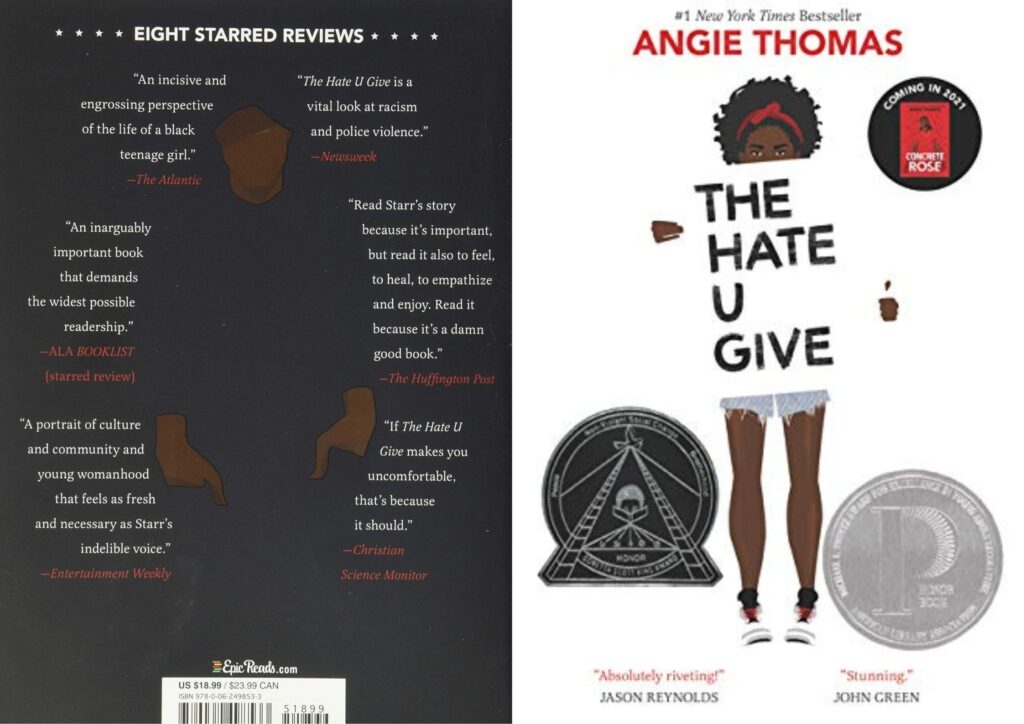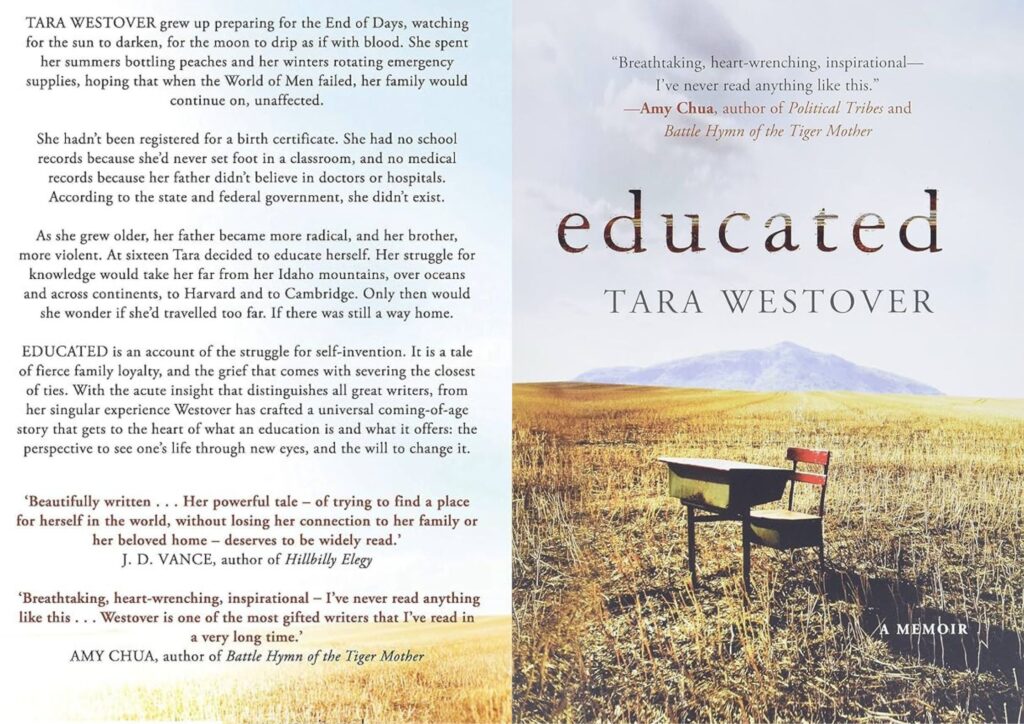"Learning English doesn’t have to mean textbooks and drills. Sometimes, the best teacher is a great film."

At Curio, we believe that learning English should be engaging, effective, and enjoyable. As language learning specialists, we’ve discovered that one of the most powerful tools for English language acquisition doesn’t have to be traditional textbooks or grammar exercises—it can be something as enjoyable as watching films.
Films offer authentic language experiences that immerse learners in natural English conversations, diverse accents, and real-world contexts. Whether you’re looking to enhance your business English, improve your conversational fluency, or simply want to become more confident in everyday situations, our team at Curio has compiled this comprehensive guide to help you leverage the power of cinema in your language learning journey.
Why Films Are Exceptional Language Learning Tools

We at Curio understand that effective language acquisition requires more than memorisation and drills. Here’s why we recommend films as a vital component of your English learning strategy:
a. Natural Language in Context
Films present English as it’s actually spoken in real-life situations. Unlike textbooks, which often feature idealised dialogue, movies show how native speakers genuinely communicate—with slang, idioms, interruptions, and varied speech patterns. At Curio, we’ve found that this authentic exposure helps our students develop more natural-sounding English.
b. Cultural Immersion
Language and culture are inseparable. When you watch English-language films, you’re not just hearing the language—you’re absorbing cultural references, humour, values, and social norms. This cultural context is something we emphasise at Curio because it’s essential for true language mastery and effective communication.
c. Diverse Accents and Dialects
The English language varies tremendously across different regions. By watching films from the UK, America, Australia, and other English-speaking countries, you’ll train your ear to understand different accents and regional expressions—a skill our Curio students find invaluable in real-world interactions.
d. Visual Context Aids Comprehension
The combination of visual cues and spoken language makes films particularly effective for language learners. Facial expressions, body language, and situational context provide additional layers of meaning that support understanding, even when some words might be unfamiliar.
How to Learn English Effectively Through Films

a. Choose the Right Films for Your Level
For Beginners: We recommend starting with animated films like Pixar productions (“Finding Nemo,” “Toy Story”), which typically feature clearer pronunciation and simpler vocabulary. Family-friendly comedies also work well as they often contain straightforward dialogue and predictable storylines.
For Intermediate Learners: Explore mainstream dramas and comedies with contemporary settings. Films like “The King’s Speech,” “Akeelah and the Bee,” or “Matilda” offer clear dialogue with a range of everyday situations.
For Advanced Learners: Challenge yourself with films featuring complex dialogue, period pieces with historical language, or works with distinctive regional accents. “The Queen,” “Coming to America,” or “In Bruges” can provide rich linguistic challenges.
b. Use Subtitles Strategically
Progressively reducing reliance on subtitles yields excellent results:
- First viewing: Watch with subtitles in your native language to understand the plot.
- Second viewing: Switch to English subtitles to connect spoken words with their written form.
- Third viewing: Try watching without any subtitles, focusing purely on listening comprehension.
For particularly challenging scenes, we advise our students to replay them multiple times until comprehension improves.
c. Active Learning Techniques
Don’t just passively watch—engage with the content:
- Pause and repeat: Practise speaking dialogue aloud, mimicking the actor’s pronunciation and intonation.
- Keep a film vocabulary journal: We encourage our students to note down new words, phrases, or expressions and review them regularly.
- Shadow the dialogue: Speak along with the characters in real-time to improve your fluency and pronunciation.
- Analyse conversations: Pay attention to how characters start conversations, express disagreement, or use humour—these pragmatic aspects of language are valuable for real-life communication.
d. Post-Viewing Activities
- Summarise the plot in your own words, either by speaking or writing.
- Discuss the film with friends or in online forums (in English, of course).
- Re-enact favourite scenes with a study partner.
- Write a review of the film, focusing on using new vocabulary you’ve learned.
Curio’s Top Film Recommendations for English Learners

Here are some film categories that have proven particularly effective for English language learning:
a. British Films for Authentic UK English
As specialists in UK English, we particularly recommend these British classics for learners wanting to master British pronunciation and expressions:
- “The King’s Speech” – Features clear, proper English with a focus on pronunciation.
- “Paddington” – Charming, accessible dialogue with distinctly British humour and settings.
- “Four Weddings and a Funeral” – Rich in social conventions and British conversational patterns.
- “Shakespeare in Love” – Combines modern English with elements of Shakespearean language.
b. American Films for US English Exposure
For students interested in American English:
- “Forrest Gump” – Clear narration with a Southern accent and historical American contexts.
- “When Harry Met Sally” – Excellent for conversational American English and idioms.
- “The Social Network” – Features fast-paced, modern American dialogue with business terminology.
- “Hidden Figures” – Clear dialogue with historical context and professional vocabulary.
- “Little Miss Sunshine” – Family conversations showcasing different speaking styles.
c. Genre-Specific Recommendations
Different film genres offer unique language learning benefits:
For Business English:
- “The Devil Wears Prada” (workplace vocabulary and office interactions)
- “The Pursuit of Happyness” (job interviews, professional communication)
For Academic English:
- “Dead Poets Society” (educational settings, literary discussions)
- “The Theory of Everything” (scientific terms, academic discourse)
For Everyday Conversations:
- “Notting Hill” (casual conversations, dating, British humour)
- “Crazy Rich Asians” (social interactions, family relationships)
Special Focus: Films for Professional and Academic English

a. For Professional English
Films set in workplace environments provide excellent exposure to business vocabulary, meeting dynamics, and professional interactions. We recommend titles like “The Devil Wears Prada” for fashion industry terminology, “The Social Network” for tech startup language, and “The Intern” for general office communication.
After watching business-focused films, practise summarising meetings depicted in scenes, role-play job interviews based on character interactions, or write business emails addressing situations from the film.
b. For Academic English
University-set films and intellectual documentaries can significantly boost your academic vocabulary and formal expression. “The Theory of Everything” introduces scientific concepts, while “Dead Poets Society” demonstrates classroom discussions and literary analysis.
We encourage students to take detailed notes while watching, then practise presenting arguments or explaining concepts featured in the film—skills essential for success in English-speaking academic environments.
Film Genres and Their Unique Language Benefits

a. Historical Dramas
Period films like “The King’s Speech,” “Pride and Prejudice,” and “Darkest Hour” expose you to more formal, structured English and historical vocabulary. These films often feature precise pronunciation and carefully crafted dialogue that can improve your speaking clarity.
We recommend historical dramas particularly for learners wanting to develop a more sophisticated vocabulary and grasp of complex sentence structures. They’re also excellent for understanding how English has evolved over time.
b. Contemporary Comedies
Modern British comedies such as “Notting Hill,” “About Time,” and “Bridget Jones’s Diary” showcase colloquial English, humour, and everyday conversations. These films help you understand jokes, sarcasm, and informal expressions essential for social integration.
Our students report significant improvements in their ability to engage in casual conversation after regular exposure to well-written contemporary comedies.
c. Crime and Mystery Films
Detective stories and mysteries like “Sherlock Holmes,” “Knives Out,” and “The Imitation Game” develop your analytical listening skills. These films often feature specialized vocabulary, complex plots that require careful attention, and dialogue rich in implication and subtext.
We find these particularly helpful for advanced learners wanting to develop more nuanced comprehension skills.
d. Science Fiction and Fantasy
Films like “Harry Potter,” “The Lord of the Rings,” and “Doctor Who” introduce creative vocabulary and imaginative concepts. While some terminology is fictional, these genres often contain rich descriptive language that expands your expressive capabilities.
These films are especially motivating for learners with interests in these genres, demonstrating how passion can accelerate language acquisition.
Integrating Film Learning into a Broader English Strategy

a. Film-Enhanced Reading Practice
Expand your engagement with films through complementary reading activities:
- Read film reviews in British newspapers and magazines to see how critics discuss cinema
- Study film scripts to compare written and spoken versions of dialogue
- Explore novels that have been adapted into films, comparing the language choices
- Follow film industry blogs and publications to develop specialised vocabulary
This cross-modal approach reinforces vocabulary and exposes you to different registers of written English.
b. Film-Inspired Speaking Activities
Movies provide excellent launching points for speaking practice:
- Join online film discussion groups where members debate and analyse films in English
- Organise film clubs where participants must discuss plot, characters, and themes
- Record yourself delivering film reviews in the style of professional critics
- Re-enact memorable scenes with language partners, focusing on intonation and emotion
These activities transform passive understanding into active communication skills.
c. Creative Writing Extensions
Films stimulate creative expression in English:
- Write alternative endings to films you’ve watched
- Compose character diaries exploring their thoughts beyond what’s shown on screen
- Create sequel scenarios that extend the story
- Draft dialogue for scenes with minimal speaking
These exercises develop your written fluency while building upon established contextual understanding.
d. Cultural Context Exploration
Deepen your cultural knowledge alongside language skills:
- Research historical or cultural references mentioned in films
- Explore the geographical settings of British films
- Investigate idioms and expressions specific to different UK regions portrayed
- Compare American and British versions of similar film stories
Understanding these cultural elements enhances both comprehension and appropriate language use.
Film-Based Language Immersion

a. Weekly Film Schedule
We recommend establishing a consistent viewing routine—perhaps two film sessions per week, each followed by active learning activities. Consistency is key to language development, and regular exposure builds momentum in your learning journey.
b. Creating a Film Learning Environment
Transform your viewing space into a language laboratory by:
- Eliminating distractions during viewing sessions
- Having a notebook specifically for film vocabulary
- Setting up easy access to English dictionaries and language resources
- Creating comfortable surroundings that encourage focus
c. Building a Progressive Film Library
Start collecting films across different difficulty levels and genres. Begin with more accessible titles and gradually incorporate more challenging options as your skills develop. A well-curated personal film library becomes an invaluable language learning resource.
d. Leveraging Technology for Enhanced Learning
Modern streaming platforms offer features particularly useful for language learners:
- Variable playback speeds for difficult passages
- Instant replay for challenging dialogue
- The ability to toggle between different subtitle options
- Screen capture tools to save useful phrases or expressions
These technological tools, when used strategically, can significantly accelerate your English acquisition.
Advanced Film-Based Learning Techniques Multi-Pass Viewing Method

- First viewing: Watch for plot and general comprehension, with subtitles in your native language if necessary
- Second viewing: Focus on dialogue and expressions with English subtitles
- Third viewing: Pay special attention to pronunciation, intonation, and stress patterns
- Fourth viewing: Watch without subtitles, noting any remaining comprehension challenges
This structured approach ensures thorough processing of linguistic content while maintaining engagement.
a. Dialogue Reconstruction Exercise
This powerful technique involves:
- Watching a short scene (1-2 minutes)
- Writing down as much of the dialogue as you can remember
- Watching again to check accuracy
- Analysing differences between your version and the original
This exercise dramatically improves listening accuracy, memory for phrases, and awareness of natural speech patterns.
b. Accent Analysis Practice
For those wanting to refine their pronunciation:
- Select actors with accents you wish to emulate
- Record yourself mimicking specific lines
- Compare your recording with the original
- Identify pronunciation differences and practice problematic sounds
Many of our students have achieved remarkable improvements in their pronunciation through this targeted practice.
Conclusion: The Silver Screen as Your English Teacher

Films provide an emotional connection to the language—you laugh, cry, and engage with compelling stories while simultaneously developing your English skills. This emotional engagement creates stronger neural connections and more effective learning.
Whether you’re preparing for university, improving your professional English, or enhancing your everyday communication skills, incorporating films into your learning routine can accelerate your progress while providing cultural insights that traditional methods simply can’t match.
Remember, at Curio, we’re always here to support your language learning journey with additional resources, personalised guidance, and expert teaching. Contact us to learn more about how we can help you achieve your English language goals through innovative, engaging methods.
































































